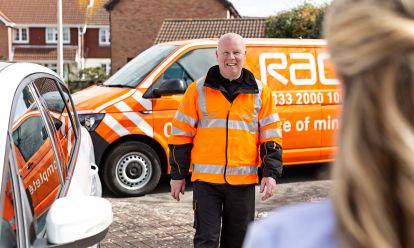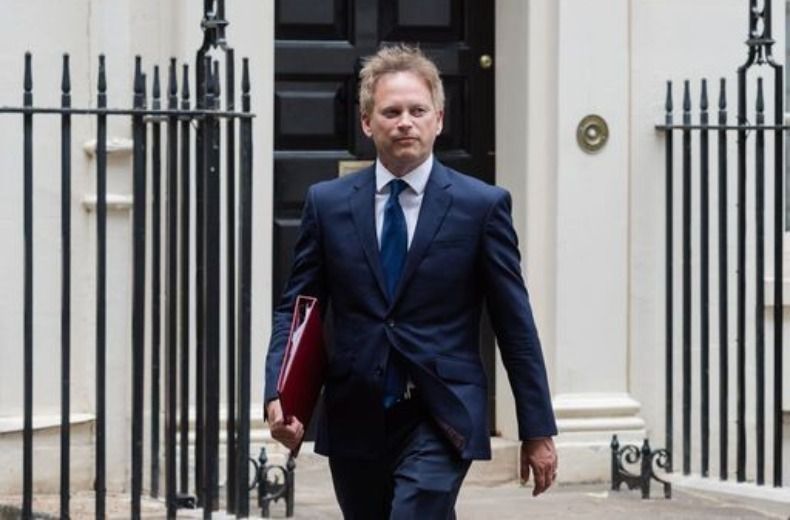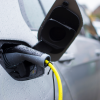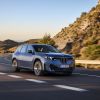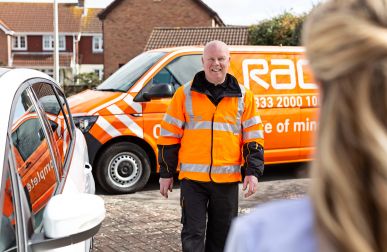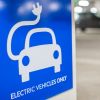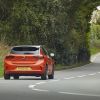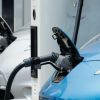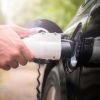The Transport Secretary assures the aim is instead to ensure cars “can run without damaging people’s health and the environment”.
Last November, Prime Minister Boris Johnson brought the ban on sales of new petrol and diesel cars forward by a decade, to 2030. This will apply to new hybrid cars and vans from 2035.
Earlier this week, the Department for Transport (DfT) published the delayed Transport decarbonisation plan, which aims to help the UK reach net zero carbon emissions by 2050.
This includes ending the sale of all new polluting road vehicles by 2040, which now includes heavy goods vehicles (HGVs). It also pledges to have smart electric vehicle charging to reduce energy bills, as well as to electrify the entirety of government cars and vans by 2027.
Speaking in the House of Commons, Mr Shapps said: “We are not against the car.
“We want people to have access to cars and indeed in rural areas it is often the only way that people have got to get around, despite obviously wanting to improve bus services and the rest of it.”
He added: “We intend to carry on investment but to make sure that the cars can run without damaging people’s health and the environment, and that makes sense.”
This was in response to a question from Conservative former MP for Chipping Barnet Theresa Villiers. She said: “Will the Secretary of State agree with me that to tackle climate change we need to decarbonise cars, vans and taxis and not demonise cars, vans and taxis?”
For Labour, shadow transport secretary Jim McMahon said: “With transport now the largest contributor to UK emissions, this should have been the chance for ministers to really set out that ambitious plan, (which) could really lead the way ahead of COP26.
“Not warm words or reannouncements, but a real plan supporting aviation and maritime, rail and freight, local public transport alongside active travel.”
The 2021 United Nations Climate Change Conference (COP26) is due to be held in Glasgow from 31 October-12 November. This aims to secure global net zero by mid-century and keep 1.5 degrees within reach by measures such as speeding up the switch to electric vehicles.
- 2030 ban – is it worth buying an electric car now?
- The road to electric – in charts and data
- Are electric cars really better for the environment?
- More drivers could be fined as MPs look to grant increased power to councils
Mr McMahon also pointed to the absence of a van scrappage scheme, a “woeful lack” of electrical vehicle charging points, a “reduction of thousands” of bus routes, while adding that at the same time ticket prices “have rocketed”.
He added: “This climate emergency requires urgent action, actually many years ago, yet after a decade in government I’m afraid they’ve been found wanting.
“We were promised an ambitious plan to lead the world ahead of COP26, if that was a test, then I’m afraid the Government has failed.”
Visit the RAC Drive Electric Cars hub
Read our guides on choosing, charging and running an electric car.
RAC Breakdown Cover
Join the RAC and get breakdown cover. Our patrols fix 4 out of 5 vehicles on the spot, with repairs done in just 30 minutes on average.
